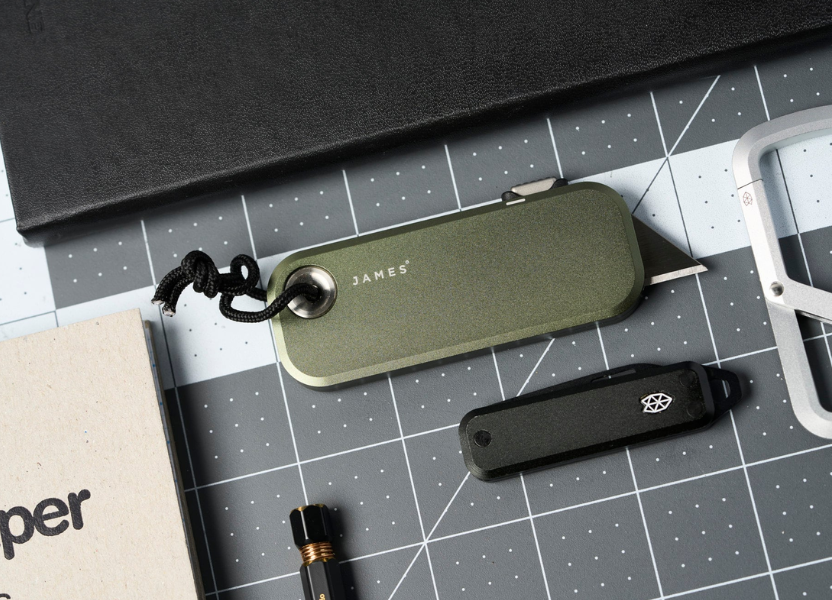The Truth About Sleeping With Wet Hair and Whether It Damages Your Hair
We’ve all gone to bed with wet hair but is it really ruining your hair over time? Let’s find out.

The debate over sleeping with wet hair has been around for ages. Some swear it leads to hair breakage and scalp issues, while others have been doing it for years without a problem. It’s one of those habits that seems harmless, but the real question is, is it actually bad for your hair, or is it just another beauty myth?
If you’ve ever found yourself too exhausted to dry your hair before bed, you’re not alone. The convenience of going to sleep with wet hair is undeniable, but what if it’s secretly damaging your strands? Let’s break down the facts, debunk the myths, and see what hair experts have to say.
What Happens to Your Hair When You Sleep With It Wet
Hair behaves differently when it’s wet versus when it’s dry. It’s at its most vulnerable state, and sleeping with it damp can lead to unexpected consequences.
The Cuticle Becomes Weaker
Each strand of hair is protected by a cuticle that keeps it strong and smooth. When hair is wet, the cuticle is temporarily lifted, making it more susceptible to friction and damage. Laying on a pillow with damp hair increases the risk of breakage and split ends, especially if you toss and turn in your sleep.
Moisture Gets Trapped in the Scalp
Leaving moisture on your scalp for hours can create a damp environment, which is exactly what bacteria and fungi love. This can lead to itchiness, irritation, and in some cases, dandruff. A consistently damp scalp may also weaken hair follicles, which could contribute to increased shedding over time.
Your Pillowcase Absorbs the Moisture
Wet hair doesn’t just affect your scalp, it can also impact your pillowcase. Cotton absorbs moisture, which means your pillow might be holding onto dampness, creating the perfect breeding ground for bacteria. This can lead to skin issues like breakouts and clogged pores, particularly for those with acne-prone skin.
Does It Really Cause Breakage or Hair Loss or Is That a Myth
Some concerns about sleeping with wet hair are valid, but does it actually cause hair loss? The answer depends on several factors, including how often you do it and your overall hair health.
Increased Breakage Over Time
Repeatedly sleeping with wet hair can lead to weakened strands. Because wet hair is more elastic and fragile, tugging or friction from a pillow can stretch it beyond its limit, resulting in breakage. If your hair is already prone to split ends, this habit could be making it worse.
Shedding Versus Permanent Hair Loss
There’s a difference between normal shedding and true hair loss. Hair naturally sheds daily, and sleeping with wet hair won’t cause permanent hair loss or bald patches. However, consistently weakening your strands can make hair more fragile, leading to excess shedding over time.
The Myth of Sleeping With Wet Hair Causing Blindness
One of the strangest myths floating around is that sleeping with wet hair causes blindness. There is absolutely no scientific evidence to support this claim. Eye health is not connected to whether or not you go to bed with wet hair, so this one can be filed under pure fiction.
The Best Ways to Prevent Damage If You Have to Sleep With Wet Hair
Sometimes, drying your hair before bed isn’t an option. Whether you're short on time or simply exhausted, there are ways to reduce the risk of damage while still getting your beauty sleep.
Use a Silk or Satin Pillowcase
Cotton pillowcases create friction, which can rough up the hair cuticle and lead to tangling and breakage. Switching to a silk or satin pillowcase reduces abrasion and helps hair glide more smoothly, preventing unnecessary stress on wet strands.
Loosely Tie Your Hair
Leaving wet hair loose while sleeping increases tangling and friction. Instead of tight elastics that cause stress, use a loose braid, a silk scrunchie, or a soft fabric hair tie to minimize movement and friction while you sleep.
Apply a Leave-In Conditioner
A lightweight leave-in conditioner or hair serum can create a protective barrier against moisture loss and friction. Look for formulas with hydrating ingredients like argan oil or keratin, which strengthen hair while reducing the impact of sleeping with damp strands.
Avoid Going to Bed With Soaking Wet Hair
Damp hair is one thing, but soaking wet hair is another story. If you can, at least let your hair air-dry for a bit before hitting the pillow. A quick blow-dry on a low-heat setting can also speed up the drying process without exposing hair to too much heat damage.
Hair Expert Tips for Keeping Your Hair Healthy and Strong
To keep hair resilient and damage-free, small tweaks in your routine can make a big difference.
Maintain a Healthy Scalp
A well-balanced scalp is the foundation for healthy hair. Using a scalp scrub or clarifying shampoo once a week can remove buildup from styling products, excess oil, and environmental pollutants. Keeping the scalp clean reduces the risk of irritation caused by damp conditions.
Brush Gently Before Bed
Detangling hair before bed prevents knots from forming overnight. A wide-tooth comb or a soft-bristle brush is best for wet hair, as it helps distribute natural oils without pulling or snapping delicate strands.
Use Microfiber Towels for Faster Drying
Microfiber towels absorb water more efficiently than regular towels, helping hair dry faster with less friction. Instead of rubbing, wrap hair in a microfiber towel for a few minutes to soak up excess moisture before bed.
Nourish Hair From the Inside Out
A balanced diet rich in vitamins like biotin, iron, and omega-3 fatty acids supports stronger hair growth. Hydration also plays a key role, so drinking enough water keeps strands moisturized from within.
The occasional night of going to sleep with wet hair won’t ruin your hair forever, but making it a habit can lead to breakage, scalp irritation, and weaker strands over time. The key is to minimize friction, support hair health, and use protective techniques if you must sleep with damp hair.
If you love beauty deep dives and hair care tips, stick around on Rugged Outfits, for more expert-backed insights.




